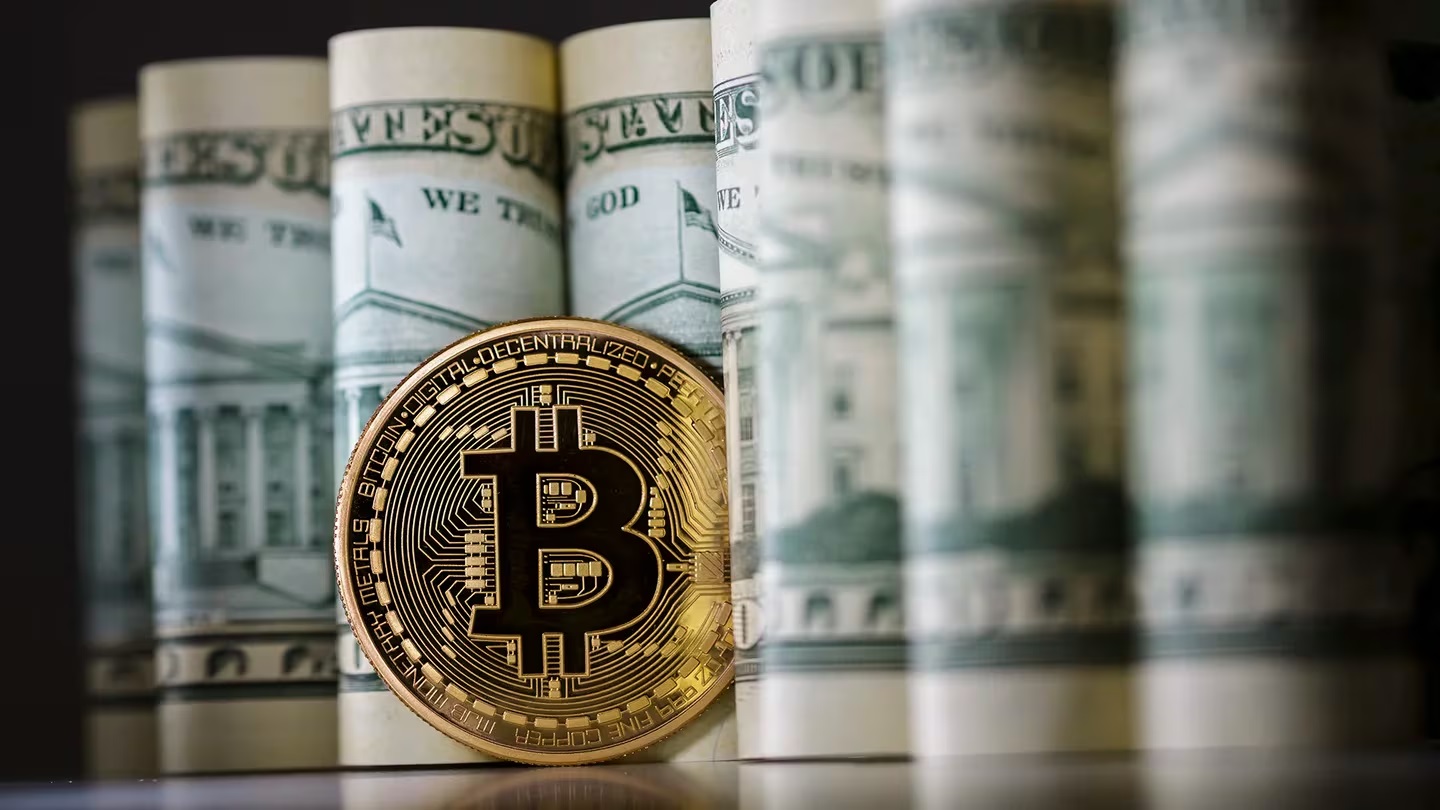Economist Timothy Peterson suggested in a recent analysis that Bitcoin's difficulty growth rate points to a potential increase in BTC price to $100,000 by the end of the year.
Bitcoin's difficulty rating, a measure of how difficult it is to mine a new block on the blockchain, is adjusted every two weeks to ensure blocks are added approximately every 10 minutes. While this metric increases with more miners and computing power, it decreases when miners leave. Bitcoin's decentralized nature and automatic, transparent difficulty adjustments prevent any entity from manipulating it.
According to Peterson, Bitcoin's difficulty is closely related to its price. As difficulty increases, the energy cost per Bitcoin mined also increases, forcing miners to balance electricity and hardware expenses against potential rewards. High Bitcoin prices make these costs reasonable, making mining profitable even as the difficulty increases. Conversely, a price drop may force some miners to exit, reducing computational power and difficulty.
According to Peterson, there is a feedback loop between Bitcoin price and difficulty. Higher prices increase difficulty by attracting more miners, which can support higher prices. Conversely, higher difficulty and associated costs drive miners to increase efficiency and support higher prices as the network becomes stronger. The market strives for an equilibrium where energy costs are balanced by the price of Bitcoin.
Given these dynamics and current trends, Peterson predicts a reasonable year-end range for Bitcoin price will be $60,000 to $90,000. A high difficulty level indicates robust network security that supports higher prices, while energy costs also provide a price floor. However, the potential for increased adoption and positive market sentiment could push the price even higher, towards $100,000.
*This is not investment advice.











54,012,469.91